Progress
Personal progress is a key priority for all of our children at West Lodge. This is achieved through excellent teaching and use of formative assessment techniques that enable us to identify strengths and areas of development for every child.
Involving the children in this process is also a priority and, through equipping them with the skills of metacognition which helps the children to understand how they, as individuals, learn best means that excellent progress is achieved.
Combined with an engaging curriculum which focuses upon challenge, the children are well-prepared for the highly selective secondary school entrance tests. It is this approach combined with a committed and skilled team of that enables our children to achieve excellent results that as a school we are proud of.
By the end of Year 6, the majority of pupils attain above average in standardised tests in mathematics and English compared to those taking the same tests nationally.
Pupils consistently make good progress across the curriculum.
ISI Inspection 2024
Case Studies
Click on the work of the Year 2 pupils to view the swift progress they are making:
Year 2 Case Study 1:
-
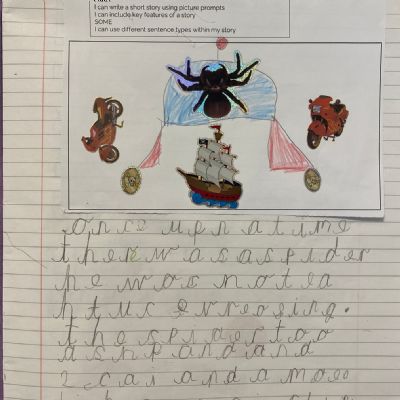
3rd September
I can write sentences using pre-cursive handwriting and have begun to use full stops.
-

11th October
I can join my handwriting and write longer sentences. I can use full stops more consistently.
-
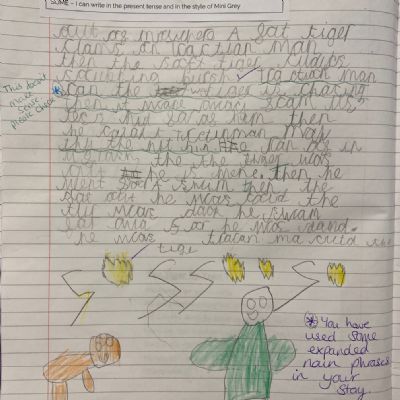
5th November
I can write descriptive sentences, fully joining my letters. I can use punctuation.
Year 2 Case Study 2:
-

3rd September
I can write longer sentences about a topic and have started to use full stops.
-
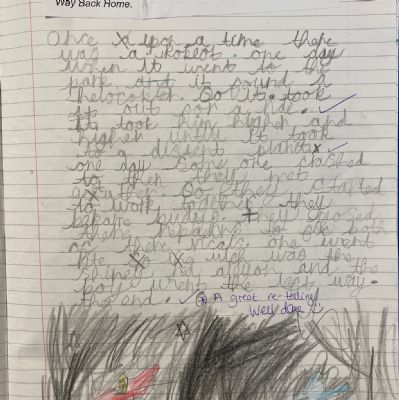
11th October
I can join my handwriting and have more stamina for writing. I am using more punctuation.
-
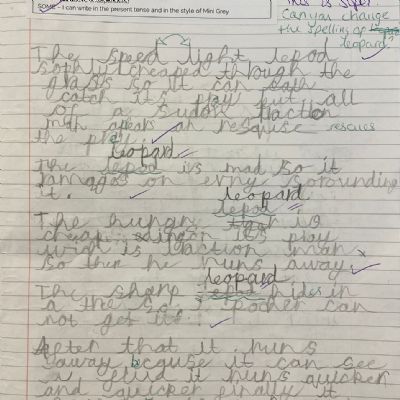
5th November
I have continued to improve my stamina for writing. My spelling has improved and I am starting to edit my work by responding to feedback.
Year 1 Case Study: This case study illustrates the typical, rapid progress of a Year 1 pupil. Click on their work to view it in detail.
-

3rd September
I can write a simple recount when provided with lots of structure.
-

17th September
I can use a word bank to describe a very familiar character.
-

5th November
I can work independently and use my imagination to create a character and use my vocabulary to describe it without the use of a word bank.
Nursery Case Study - This Case Study illustrates the swift progress made in Maths in our Nursery Class. Click on the pictures to learn more.
-

September 2025
I can demonstrate 1:1 counting and recognise that that the final number said is the total (in the context of playing a game).
-
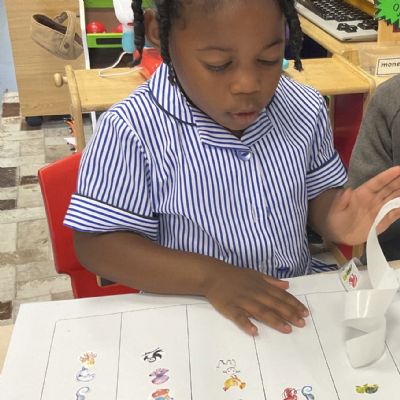
October 2025
I can recognise numerals to 5 and count out themed topic stickers to match.
-

November
I can recognise, order and begin to write my numbers to 10 correctly.
Additional comments about progress from our most recent ISI Inspection (2024)
"Parents are well-informed about their children's progress and attainment through receiving regular and detailed reports".
"Lesson planning considers pupils' prior knowledge and attainment so that pupils build on their previous learning productively and make good progress. Teachers are quick to provide additional support when pupils do not make expected progress".
"Pupils make good progress with their literacy skills, including speaking and listening".
"[The progress of pupils who speak EAL] is clearly monitored, and individual support is introduced whenever needed. As a result pupils with EAL make good progress with their English".